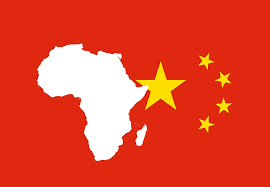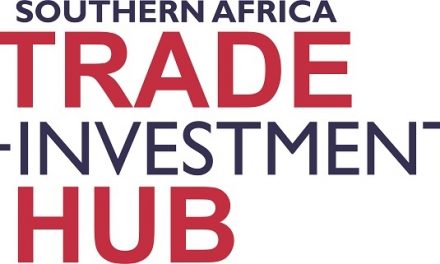
China’s economic slowdown could hurt Namibia – Analysis

The World Economic Outlook 2022 report released by the International Monetary Fund in April predicted that China’s economic slowdown could set back the economic recovery in emerging markets and developing countries, especially commodity exporters like Namibia.
According to Theo Klein, an Economist at Simonis Storms, the Chinese government has embarked on a journey of transforming the economy from an investment-driven, export-oriented growth model to a sustainable development model since last year.
He stressed that any decrease in demand for commodities from China will have a negative impact on Namibia’s exports, as China is Namibia’s second-largest trading partner on average.
Over the last 5 years, China’s share of Namibia’s exports has averaged 19.1%.
Exports to China have been dominated by minerals and commodities (mainly uranium) and fish. Uranium mines are likely to experience the biggest negative impact, with immaterial effects on Namibian fish exports given that fish is a basic food item.
Namibia mainly imports capital, consumer and intermediate goods, as well as clothing and textiles. With regards to SACU revenue, China is South Africa’s biggest importer and second-biggest importer of Namibia.
“So, any major decrease in trade with China as a result of an economic slowdown in China will reduce SACU receipts and add pressure on public finances,” Klein said.
Klein advises that if Namibian mining companies can remain fully operational and expand production in the medium-term, much benefit stands to be earned as China commences its infrastructure plan and if commodity demand remains resilient owing to American students having higher disposable incomes.
He further foresees project delays and increases in costs since numerous local companies rely on equipment imports from China which are used in renewable energy projects such as solar panels. This, he says, can lead to less factory production and lower supplies of solar equipment and therefore cause project delays and increases in costs.
“Equipment could be sourced from alternative markets, but usually at higher prices than China. As a result, this could also increase costs of local renewable energy projects,” Klein added.











































